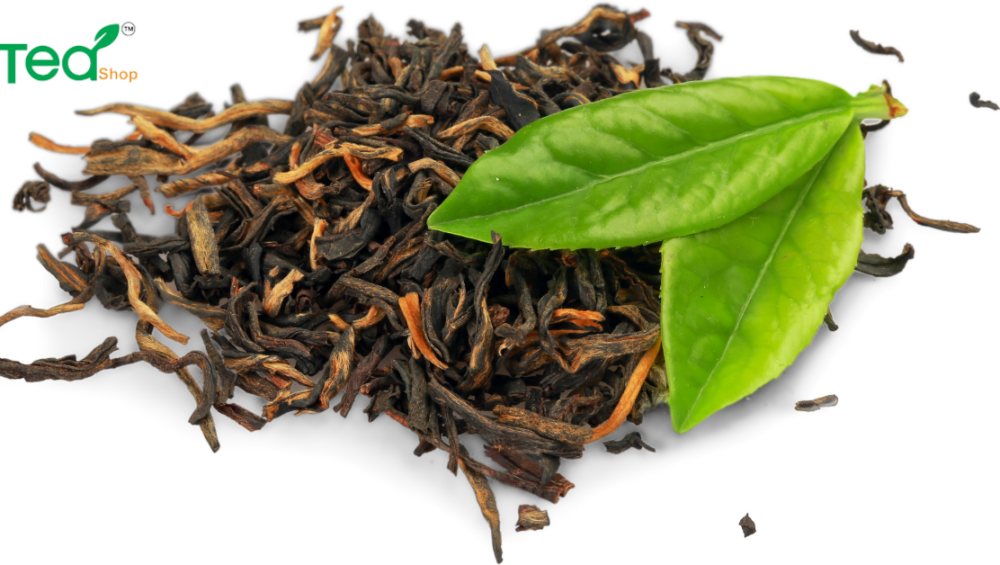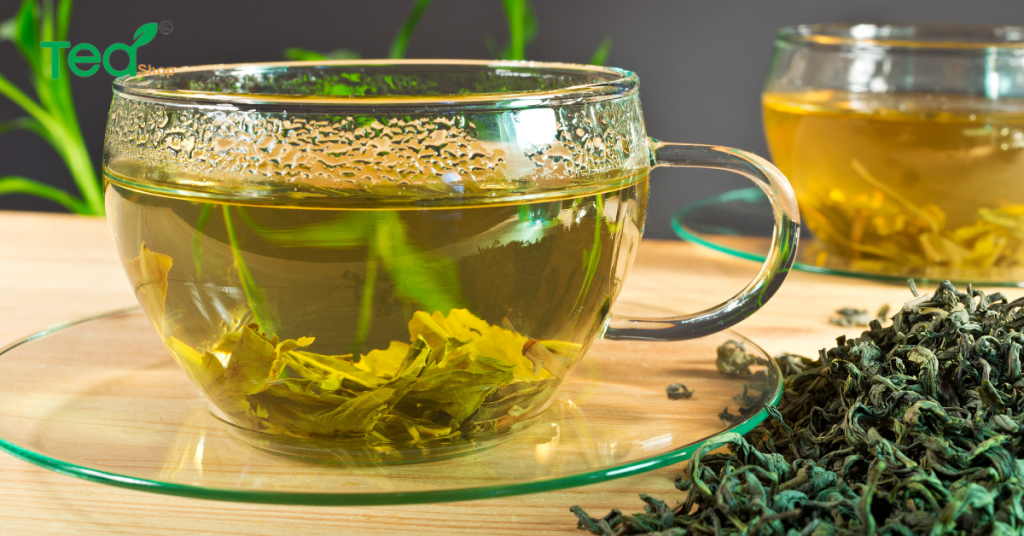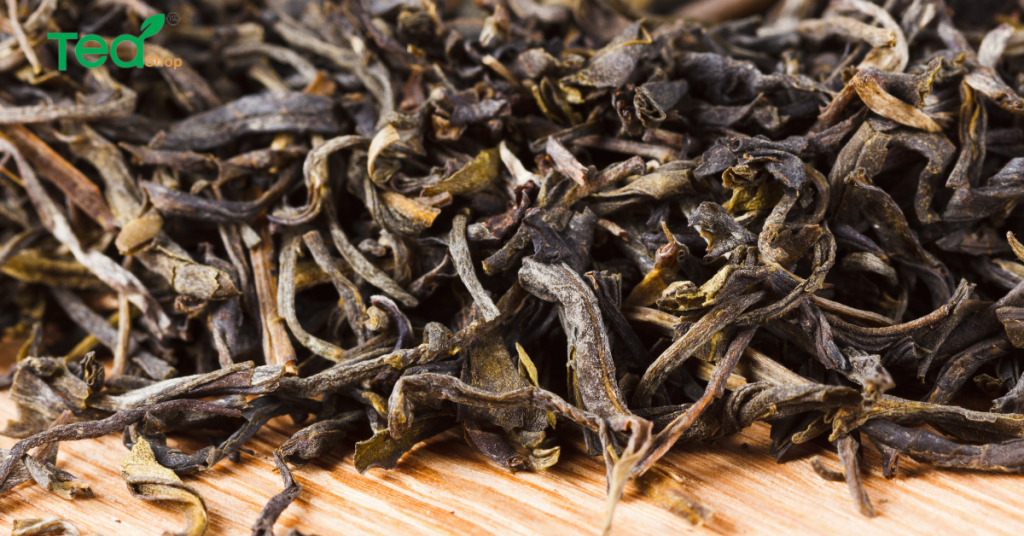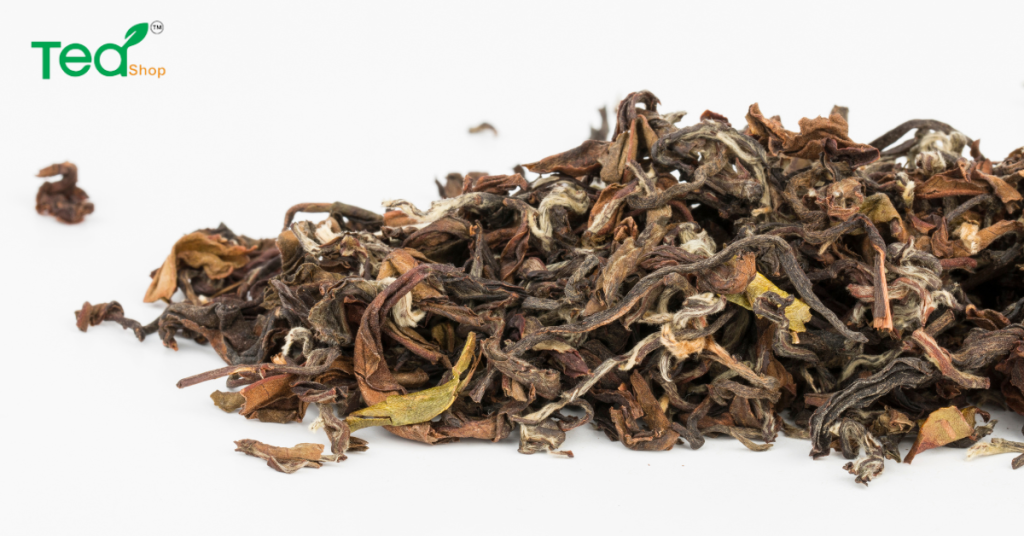Orthodox Tea
Orthodox tea refers to tea that is made from leaves that are hand-plucked and processed using traditional methods. The term “Orthodox” is typically used to distinguish this type of tea from CTC (Crush, Tear, and Curl) tea, which is produced using a more mechanical and modern process. Orthodox tea is considered to be of higher quality and is prized for its unique flavor and aroma. Some of the most well-known types of Orthodox tea include Darjeeling, Assam, Bangladesh and Ceylon teas. These teas are grown in specific regions and are known for their distinct taste profiles, ranging from floral and fruity to robust and malty.
Types Of Orthodox Tea
There are several types of Orthodox tea, each with its own unique flavor and character. Some of the most well-known types include:
- Darjeeling tea: This tea is grown in the Darjeeling district of West Bengal, India, and is known for its musky, fruity, and floral flavor. It is often referred to as the “champagne of teas.”
- Assam tea: This tea is grown in the Assam region of India and is known for its strong, malty flavor and bright, coppery color.
- Ceylon tea: This tea is grown in Sri Lanka and is known for its strong, robust flavor and bright, amber color. Ceylon tea is often used as a base for blends such as Chai tea.
- Nilgiri tea: This tea is grown in the Nilgiri hills of India and is known for its floral and fruity flavor.
- Nepal tea: This tea is grown in the high elevations of Nepal and is known for its smooth and mellow flavor.
- Kangra tea: This tea is grown in the Kangra district of India and is known for its delicate and nuanced flavor.
Chinese tea: This category of tea includes a wide range of teas grown in China, including green tea, black tea, white tea, and oolong tea. Chinese teas are known for their subtle and complex flavors, which can range from floral and vegetal to nutty and smoky.
Each of these types of Orthodox tea can be further divided into subcategories based on the specific growing region, processing method, and flavor profile.
Orthodox Tea Health Benefits
Orthodox tea is a type of tea that is made using traditional tea-making methods, including hand-picking the leaves, withering, rolling, and oxidation. Orthodox tea has several health benefits, including:
- Rich in Antioxidants: Orthodox tea, like all teas, is rich in antioxidants, specifically polyphenols, which help protect the body from damage caused by free radicals and oxidative stress.
- Boosts Mental Alertness and Concentration: Orthodox tea contains a small amount of caffeine, which has been shown to improve mental alertness and concentration. The L-theanine in orthodox tea also promotes relaxation without drowsiness.
- Supports Heart Health: The polyphenols in orthodox tea have been shown to improve cardiovascular function, lower cholesterol levels, and reduce the risk of heart disease by reducing inflammation and oxidative stress.
- Supports Immune Function: The polyphenols in orthodox tea have been shown to support the immune system by helping to fight off harmful viruses and bacteria.
- Promotes Digestive Health: The polyphenols in orthodox tea have been shown to promote digestive health by reducing inflammation and oxidative stress in the gut and improving gut microbiota.
- May Help Prevent Certain Types of Cancer: The polyphenols in orthodox tea have been shown to have potential in preventing certain types of cancer, including breast, prostate, and lung cancer.
- Supports Skin Health: The antioxidants in orthodox tea have been shown to help protect the skin from damage caused by UV rays and other environmental stressors, as well as improve skin hydration and elasticity.
It’s important to keep in mind that while orthodox tea has many health benefits, it should still be consumed in moderation as part of a balanced diet. Additionally, it’s best to consult with a doctor before incorporating orthodox tea into your diet, especially if you have any medical conditions or are taking any medications.
Orthodox Tea and CTC Tea
Orthodox tea and CTC (Crush, Tear, and Curl) tea are two different methods of processing tea leaves.
Orthodox tea is made using traditional tea-making methods, including hand-picking the leaves, withering, rolling, and oxidation. This method produces high-quality tea with a distinct flavor profile and is commonly used for premium tea blends such as Darjeeling , Assam and Bangladesh.
CTC tea, on the other hand, is made using a more modern, mechanical process where the tea leaves are crushed, torn, and curled into small pellets. This process results in a stronger and more robust flavor, and is commonly used for mass-produced tea blends such as those found in tea bags.
Both orthodox and CTC tea can provide health benefits, as they contain antioxidants and polyphenols. However, the exact health benefits will depend on the specific tea blend and its processing method. As with any type of tea, it’s important to consume it in moderation as part of a balanced diet, and to consult with a doctor before incorporating tea into your diet, especially if you have any medical conditions or are taking any medications.
Orthodox Tea In Bangladesh
Orthodox tea is a type of tea that is made using traditional tea-making methods, including hand-picking the leaves, withering, rolling, and oxidation. In Bangladesh, orthodox tea is grown in the hilly regions of the country, such as Sylhet and Chittagong.
Bangladesh produces both black tea and green tea, and the orthodox tea produced in Bangladesh is known for its high quality and distinctive flavor. The country has a rich history of tea cultivation, and orthodox tea has long been an important part of the economy and culture of Bangladesh.
Orthodox tea is widely consumed in Bangladesh and is a popular beverage for both formal and informal occasions. The tea industry in Bangladesh provides employment to a large number of people, from tea garden workers to tea traders, and is an important source of income for many families in the country.
Overall, orthodox tea is an important part of the culture and economy of Bangladesh and continues to play a significant role in the lives of many people in the country.
Orthodox Tea Price In Bangladesh
The price of orthodox tea in Bangladesh can vary depending on several factors, such as the quality of the tea, the region it is grown in, and the specific tea blend.
In general, premium-quality orthodox tea from regions such as Panchagarh Sylhet and Chittagong is more expensive compared to lower quality tea blends. The price of orthodox tea can also be affected by supply and demand, as well as market conditions such as fluctuations in currency exchange rates and import duties.
It is difficult to provide a specific price for orthodox tea in Bangladesh, as prices can change frequently. However, you can expect to pay anywhere from a few taka per kilogram for lower quality tea blends, to several hundred taka per kilogram for premium quality orthodox tea.
If you are looking to purchase orthodox tea in Bangladesh, it is recommended to shop around and compare prices from different suppliers to find the best deal. Additionally, be sure to check the quality of the tea and ask questions about the origin and processing methods to ensure you are getting the best value for your money.









